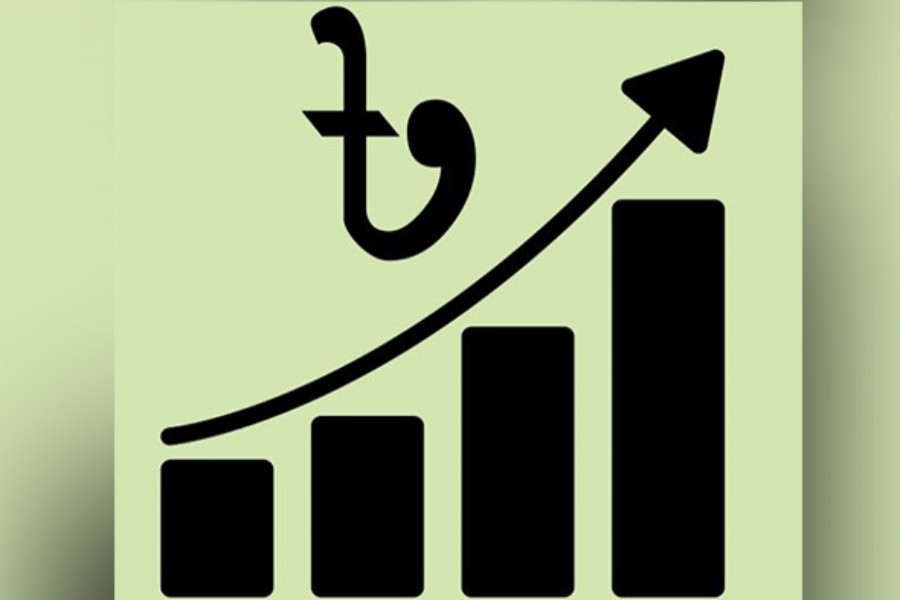The overall performance of the export sector so far has defied pessimistic predictions made both by the local and international experts. So has that of the remittance sector. Obviously, such predictions were made before and immediately after the pandemic struck Bangladesh in early March last year. True, after pandemic control measures were imposed under various names, there was an initial backslide between March and June of 2020. For example, during first nine months of the current fiscal, FY (20-21), the exports earned USD28.93 billion. Of course, the lion's share of the export earning was borne by the garment sector at USD23.48 billion. Considering the overall export performance, it was, no doubt, a negative growth of 0.12 per cent compared to that of the previous fiscal. For the garment export, the growth shrank by 2.55 per cent. Even so, it was not that much to call it a big pandemic-induced downslide. In fact, after the initial shock, the export started to look up from July 2020.Though garment was rather slow to pick up, knitwear and home textile, except woven garment, recorded a significant growth of 5.85 and 41.5 per cent respectively during July-March period of FY21 compared to their performance over the same period in the previous fiscal. Though the overall export performance over the months in question cannot be said to have been great, it was also not so bad as the doomsayers were wont to portray it. In sharp contrast to it, in their bid to highlight the hurdles the sector is passing through, industry leaders would rather like to point to the areas it (the sector) has failed to meet expectations. But one needs to also acknowledge the fact that the export sector as a whole could avoid the dreaded worst-case scenario as forecast by experts!
At this point, consider the draft growth projection for top 10 exportable items in the next fiscal (FY 2021-22) as made by the commerce ministry. It is hardly surprising that the items include readymade garment (RMG), jute and leather. According the draft projection, the export of these items is expected to grow between 10 and 12 per cent in FY 22. Based on the total estimated export earning at USD38.39 billion in FY21, which marks a growth of 14 per cent, the projected export growth in FY (2021-22) is calculated to be 11 per cent against a total export earning of USD43 billion. Add to this the earning from services export, which is projected to grow by 14 per cent in FY22 over FY21's projected export proceeds at USD6.62 billion. That brings the total targeted export earning in FY 22 between USD50 and USD51billion, so goes the draft estimate.
Clearly, such growth of the entire export sector as projected by the government depends on positive contributions made by each component industry. Thankfully, all the sectors, as indicated in the draft projection, namely, RMG, knitwear, home textile, jute and jute goods, leather and leather goods, pharma, agriculture and engineering, have each recorded growth ranging from 8.0 to 20 per cent. All this may be about the targeted growth of the export sector. But the targets have also a basis and that is provided by the hard facts of what each of the 10 selected sectors achieved in the fiscal year 2021-22. As such, the projection that the export sector will record a robust growth in FY 22 rests on a firm factual footing.


